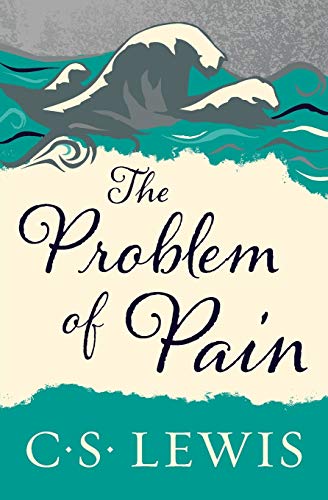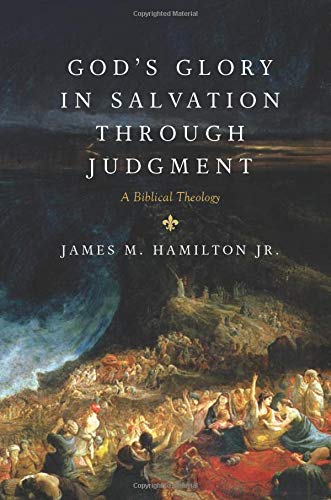Quotes about Responsibility-Human
Before we had no choice; now we have one. When we sin as Christians, we do not sin as slaves, but as individuals with the freedom of choice. We sin because we choose to sin.
Copied from The Pursuit of Holiness by Jerry Bridges, © 1996, p. 57. Used by permission of NavPress – www.navpress.com. All rights reserved. Get this book!
It might be well if we stopped using the terms “victory” and “defeat” to describe our progress in holiness. Rather we should use the terms “obedience” and “disobedience.” When I say I am defeated by some sin, I am unconsciously slipping out from under my responsibility. I am saying something outside of me has defeated me. But when I say I am disobedient, that places the responsibility for my sin squarely on me. We may, in fact, be defeated, but the reason we are defeated is because we have chosen to disobey.
Copied from The Pursuit of Holiness by Jerry Bridges, © 1996, p. 81. Used by permission of NavPress – www.navpress.com. All rights reserved. Get this book!
We do not sin simply because of Satan or because of social deprivation, stressful situations, bad influences, or any other external cause. Those things may tempt us to sin and make sinning easier, but when we commit sin – or even intend to commit sin – it is because we decide to sin. Sin is an act of the will.
Divine predestination, divine providence, divine power, divine purpose; divine planning does not void human responsibility.
Table Talk on Trouble and Triumph, Part 1. The sermon originally appeared at: (https://www.gty.org/library/sermons-library/42-270/table-talk-on-trouble-and-triumph-part-1) at www.gty.org. © 1969-2008. Grace to You. All rights reserved. Used by Permission.
God’s sovereignty does not negate our responsibility. Just as sovereignty teaches us to reject chance and luck, sovereignty also must teach us to reject fatalism.
From the Word of God I gather that damnation is all of man, from top to bottom, and salvation is all of grace, from first to last. He that perishes chooses to perish; but he that is saved is saved because God has chosen to save him.
If then, you will be damned, let me have this one thing as a consolation for your misery, that you are not damned for the lack of calling after; you are not lost for the lack of weeping after, and not lost for the lack of praying after.
The use of means ought not to lessen our faith in God, and our faith in God ought not to hinder our using whatever means He has given us for the accomplishment of His own purposes.
[Providence] insists that everything (yes, everything) that happens does so because God wills it to happen, wills it to happen before it happens, wills it to happen in the way that it happens. Such a view signals immediately that history is not arbitrary or fortuitous; neither is it “simple determinism,” “Que Sera, Sera” or, “whatever will be, will be,” as though our own choices and involvement have no relevance whatsoever, a fatalistic view more reflective of Islam than biblical Christianity.









